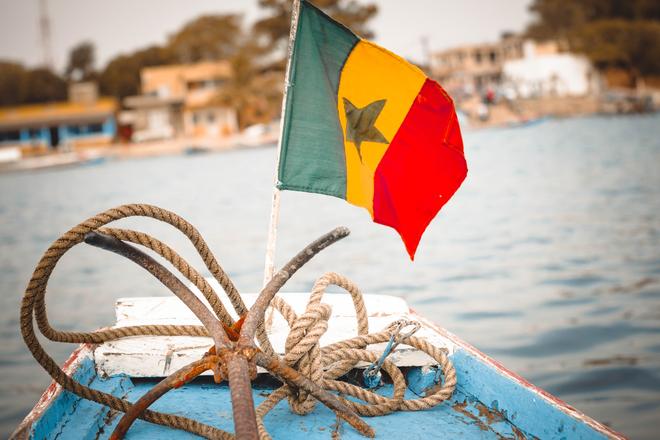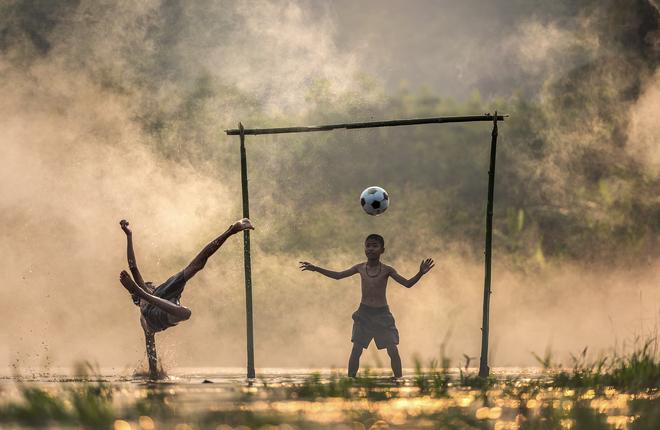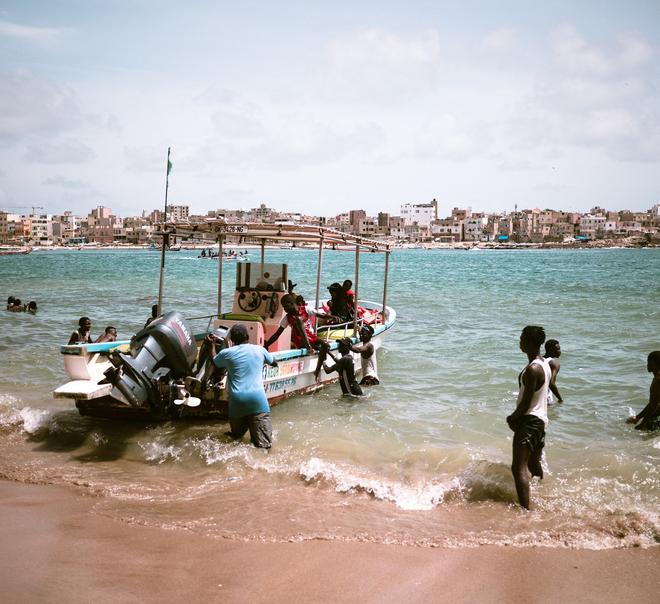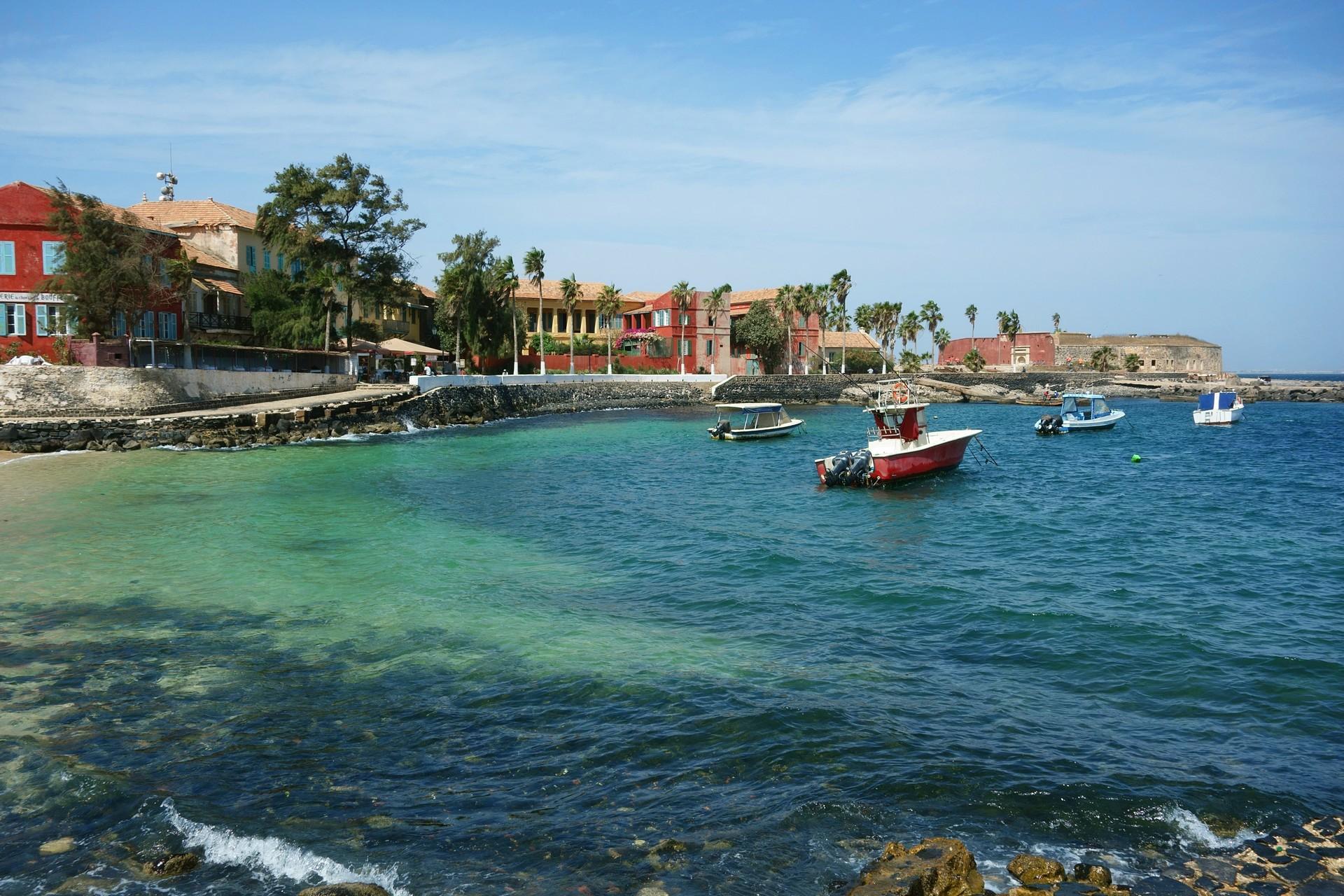A favourable temperature climate, European services, but also traditional Africa. The capital of Senegal – Dakar has become a multicultural centre. Families from Europe and America choose it as their refuge. What is it they are looking for in Africa? And why are they moving home halfway around the world, to Africa?
International communities
I know a number of Americans who moved to Dakar with their families because they found life in the Senegalese capital safer than life in Washington or New York. Their children attend the prestigious American schools that have sprung up like mushrooms in Africa in recent years, and the adults enjoy the international community living in the heart of the city.
If you're European or American, and you're moving to Dakar, you have two ways to get to know the city. You can look for a place to live in the city centre, around Liberty Square, where (not only) French businessmen, interns and diplomats live, or you can try to infiltrate the locals, like my friend Carola, who became my guide to the city.
Dakar with a guide
The days with Carola by my side passed at a pleasantly slow pace. The Pikine district is about ten kilometres from the centre and Carola is one of the few Europeans who live there. When she walks down the street, the locals wave at her, sing her name, or invite her to dance with them to their enthusiastic applause.

In the few days we spent together, there was never an evening without a knock on our door. The Senegalese live in the evenings and come to visit with a gas bomb and a teapot for tea, which they then ceremoniously brew. The three-drink attaya is over-sweetened and too strong, but is part of the local tradition. The tea is drunk for several hours and must be finished, even if the hostesses (not expecting a visitor) fall down with fatigue.
Football – the national pastime
One of the biggest events in the lives of Dakar people (and Senegalese and Africans in general) are football matches. In Dakar, different city districts play against each other (the huge Pikine is even divided into several parts). Matches are played two at a time to fit everything in on time, and one such match is attended by more than a whopping ten thousand people. The locals feel strongly about the matches, and an own goal or an error can bring tears to half the crowd.

Most of the visitors are male, of course, although there are a few girls in attendance – but in a sea of ten thousand, this is a negligible drop. It is also not common to find a white person here. We, who are both white and female, therefore commanded the attention of the thousands around us, and after the game the players headed over to us, just to chat.
Resorts in Dakar
At the other end of town, the part adjacent to the sandy beaches, life is very different. Tourists flock here from all over the world, and several resorts have blossomed, as well as a number of local art stalls and locals offering everything from protective amulets to sexual services.
European influence
Senegal has recently become a destination for middle-aged ladies wishing to enjoy themselves and see the world a little more. So the locals have expanded their services, with young men offering themselves to 50-year-old British and French women. Those who live in this part of Dakarare often easily confused with tourists and become targets for commercial offers, harassment and even the occasional theft.
By contrast, the centre offers a nightlife comparable to Europe. Modern bars, restaurants and luxury housing can tempt anyone, and you feel far more free here than in the suburbs, where all eyes are on you. The expatriate community throws parties on rooftops overlooking the ocean and enjoys luxuries that would cost twice as much back home.

Most of those who live here have work contracts for a year or two and then return, or are offered a job in another, similarly exotic country. Big companies have been trying to penetrate as many developing countries as possible in recent years, and those with degrees in, for example, renewable energy have a bright future ahead of them, full of travel. So, leaving Dakar behind, they head to Morocco, the Dominican Republic or Angola, where they may find similar expatriate communities and similar suburbs, just with different traditions.

